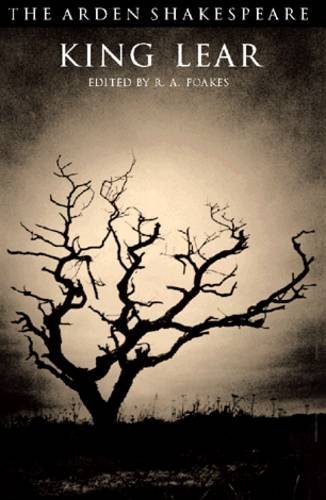Early Modern Thought
Explore essential books on Early Modern Thought. Discover key philosophical, scientific, and literary works that shaped modern intellectual history.
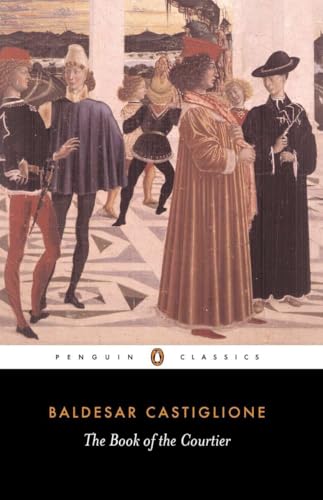

Book
The Prince
by Niccolo Machiavelli
Here is the world's most famous master plan for seizing and holding power. Astonishing in its candor The Prince even today remains a disturbingly realistic and prophetic work on what it takes to be a prince . . . a king . . . a president. When, in 1512, Machiavelli was removed from his post in his beloved Florence, he resolved to set down a treatise on leadership that was practical, not idealistic. In The Prince he envisioned would be unencumbered by ordinary ethical and moral values; his prince would be man and beast, fox and lion. Today, this small sixteenth-century masterpiece has become essential reading for every student of government, and is the ultimate book on power politics.
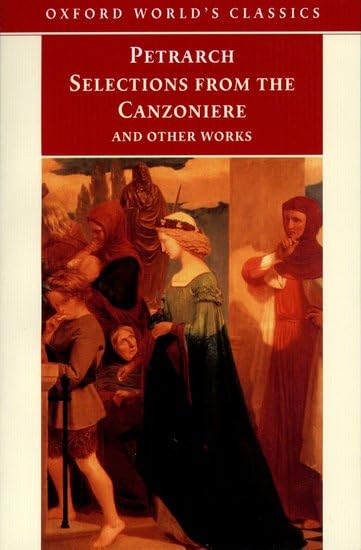


Book
The Complete Essays
by Michel de Montaigne
In 1572 Montaigne retired to his estates in order to devote himself to leisure, reading and reflection. There he wrote his constantly expanding 'essays', inspired by the ideas he found in books from his library and his own experience. He discusses subjects as diverse as war-horses and cannibals, poetry and politics, sex and religion, love and friendship, ecstasy and experience. Above all, Montaigne studied himself to find his own inner nature and that of humanity. The Essays are among the most idiosyncratic and personal works in all literature. An insight into a wise Renaissance mind, they continue to engage, enlighten and entertain modern readers.
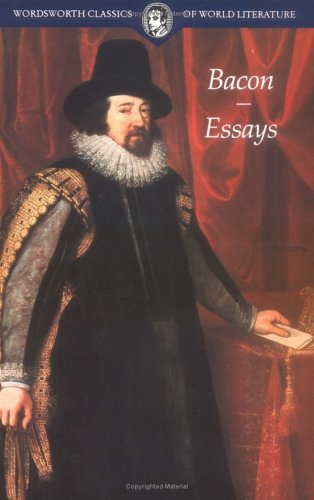

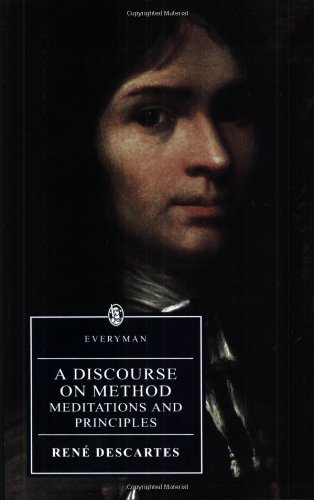
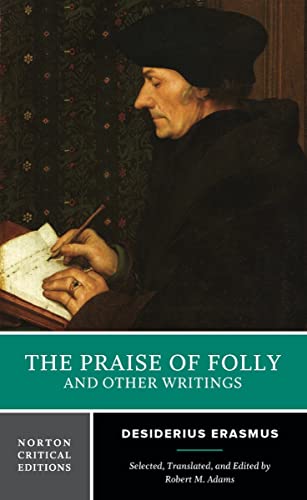

Book
Utopia
by Thomas More
First published in Latin in 1516, Utopia was the work of Sir Thomas More (1477–1535), the brilliant humanist, scholar, and churchman executed by Henry VIII for his refusal to accept the king as the supreme head of the Church of England. In this work, which gave its name to the whole genre of books and movements hypothesizing an ideal society, More envisioned a patriarchal island kingdom that practiced religious tolerance, in which everybody worked, no one has more than his fellows, all goods were community-owned, and violence, bloodshed, and vice nonexistent. Based to some extent on the writings of Plato and other earlier authors, Utopia nevertheless contained much that was original with More. In the nearly 500 years since the book's publication, there have been many attempts at establishing "Utopias" both in theory and in practice. All of them, however, seem to embody ideas already present in More's classic treatise: optimistic faith in human nature, emphasis on the environment and proper education, nostalgia for a lost innocence, and other positive elements. In this new, inexpensive edition, readers can study for themselves the essentials of More's utopian vision and how, although the ideal society he envisioned is still unrealized, at least some of his proposals have come to pass in today's world.
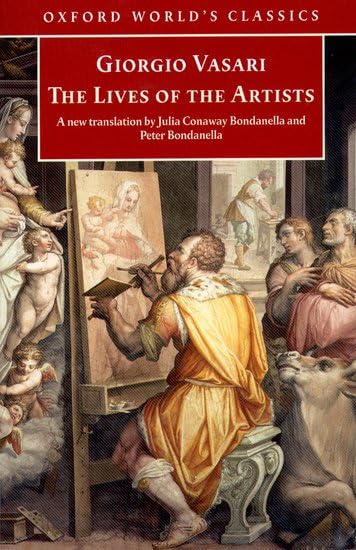
Book
The Lives of the Artists
by Giorgio Vasari
Packed with facts, attributions, and entertaining anecdotes about his contemporaries, Vasari's collection of biographical accounts also presents a highly influential theory of the development of Renaissance art. Beginning with Cimabue and Giotto, who represent the infancy of art, Vasari considers the period of youthful vigour, shaped by Donatello, Brunelleschi, Ghiberti, and Masaccio, before discussing the mature period of perfection, dominated by the titanic figures of Leonardo, Raphael, and Michelangelo. This specially commissioned translation contains thirty-six of the most important lives as well as an introduction and explanatory notes. - ;Packed with facts, attributions, and entertaining anecdotes about his contemporaries, Vasari's collection of biographical accounts also presents a highly influential theory of the development of Renaissance art. Beginning with Cimabue and Giotto, who represent the infancy of art, Vasari considers the period of youthful vigour, shaped by Donatello, Brunelleschi, Ghiberti, and Masaccio, before discussing the mature period of perfection, dominated by the titanic figures of Leonardo, Raphael, and Michelangelo. This specially commissioned translation contains thirty-six of the most important lives as well as an introduction and explanatory notes. - ;Includes: Cimabue; Giotto; Duccio; Luca della Robbia; Paolo Uccello; Ghiberti; Masaccio; Filippo Brunelleschi; Donatello; Piero della Francesca; Fra Angelico; Fra Filippo Lippi; Domenico Ghirlandaio; Sandro Botticelli; Andrea del Verrocchio; Mantegna; Leonardo da Vinci; Giorgione; Raphael; Titian; Michelangelo -
